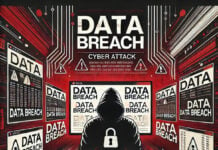
This post was originally published here by Jacob Serpa.
For as long as there have been computers, there have been tech-savvy users fighting one another for supremacy and data. These users can be more or less categorized into two groups – White Hat hackers and Black Hat hackers. White Hat hackers often work in corporate IT and are individuals who use their skills for ethical purposes like protecting data and whistleblowing. Black Hat hackers use their talents maliciously for personal gain and are what most people envision when they think about hackers. As they fight with one another for dominance, both sides develop an increasingly deep understanding of security-related topics.
Recently, Bitglass surveyed attendees at 2017’s annual Black Hat conference where both Black Hat and White Hat hackers gather. By surveying these experts, Bitglass gained an in-depth understanding of contemporary security issues. Survey questions asked about the least effective security tools commonly deployed today, enterprises’ largest security blind spots, and more. Interestingly, the two groups’ answers aligned almost completely on each question – lending credence to the survey’s results.
Technology’s rate of evolution is constantly increasing. Organizations can no longer view or adopt security solutions in a passive, reactive fashion. Rather, they must learn from the experts in order to avoid common pitfalls and make use of ideal, contemporary security tools.
To take the first step, download Bitglass’ survey analysis below.























